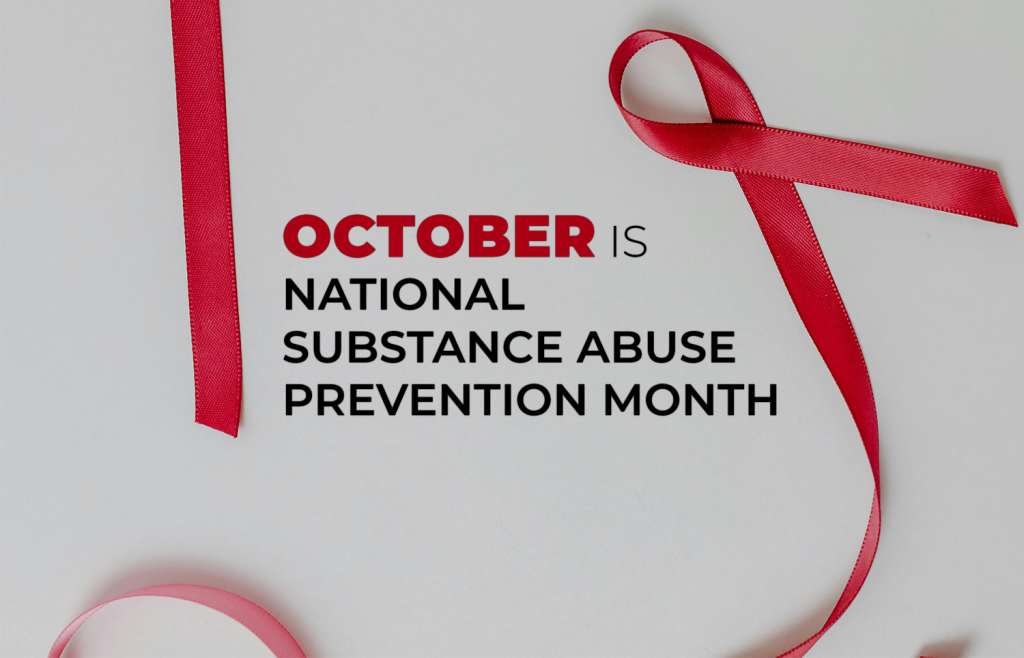October is Substance Abuse Prevention Month, a time to shine a light on both prevention and treatment. Substance Use Disorder (SUD) is often misunderstood, but the reality is clear: it’s not a moral failing—it’s a medical condition. Treatment requires a system of care that addresses the full person, and that system should be accessible, compassionate, and stigma-free.
Navigating Treatment Pathways
When someone seeks help, the road forward may feel overwhelming. Treatment comes in many forms: inpatient programs, outpatient counseling, Medication-Assisted Treatment (MAT), peer recovery support, and more. Each pathway is different because recovery is not one-size-fits-all. By understanding how the system works, families and communities can better support those taking their first steps toward healing.
Breaking Down Stigma
Too often, stigma keeps people from reaching out. Words, attitudes, and misconceptions can make individuals feel judged rather than supported. When we view SUD as the medical condition it is, the conversation changes. We can replace shame with compassion, blame with education, and fear with hope.
Dose of Reality: Episode 3
In Episode 3 of the Dose of Reality podcast, the conversation dives into how treatment systems operate and why understanding them matters. The episode highlights the challenges of navigating healthcare, insurance, and support services while trying to recover from SUD. It also sheds light on the importance of meeting people where they are, breaking down barriers, and offering multiple avenues to treatment—because recovery is possible when people have real options.
Reaching Young Adults in Monroe County
Prevention Month is also about outreach—meeting people where they are, especially younger adults in our community. In Monroe County, St. Luke’s and local partners are working to create safe spaces where young people can learn, connect, and access resources without fear of stigma.
This outreach includes:
- Peer-led conversations at schools, campuses, and community hubs to share real stories and build trust.
- Educational panels with clinicians and recovery specialists explaining treatment options, from detox and MAT to long-term counseling and support services.
- Naloxone training and distribution, giving young adults life-saving tools and empowering them to look out for one another.
Building Bridges, Not Barriers
Every person deserves a chance at recovery, and that chance begins with access. By working together—health systems, community organizations, and families—we can create pathways that don’t just treat SUD, but support long-term healing and dignity.
Want to learn more about how the system works and what it takes to support recovery? Listen to Episode 3 of Dose of Reality for a deeper conversation on treatment, barriers, and hope for change.

